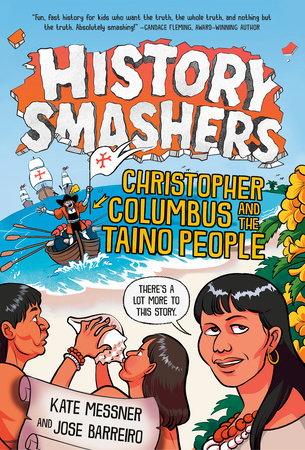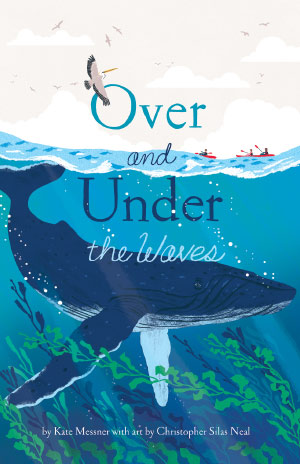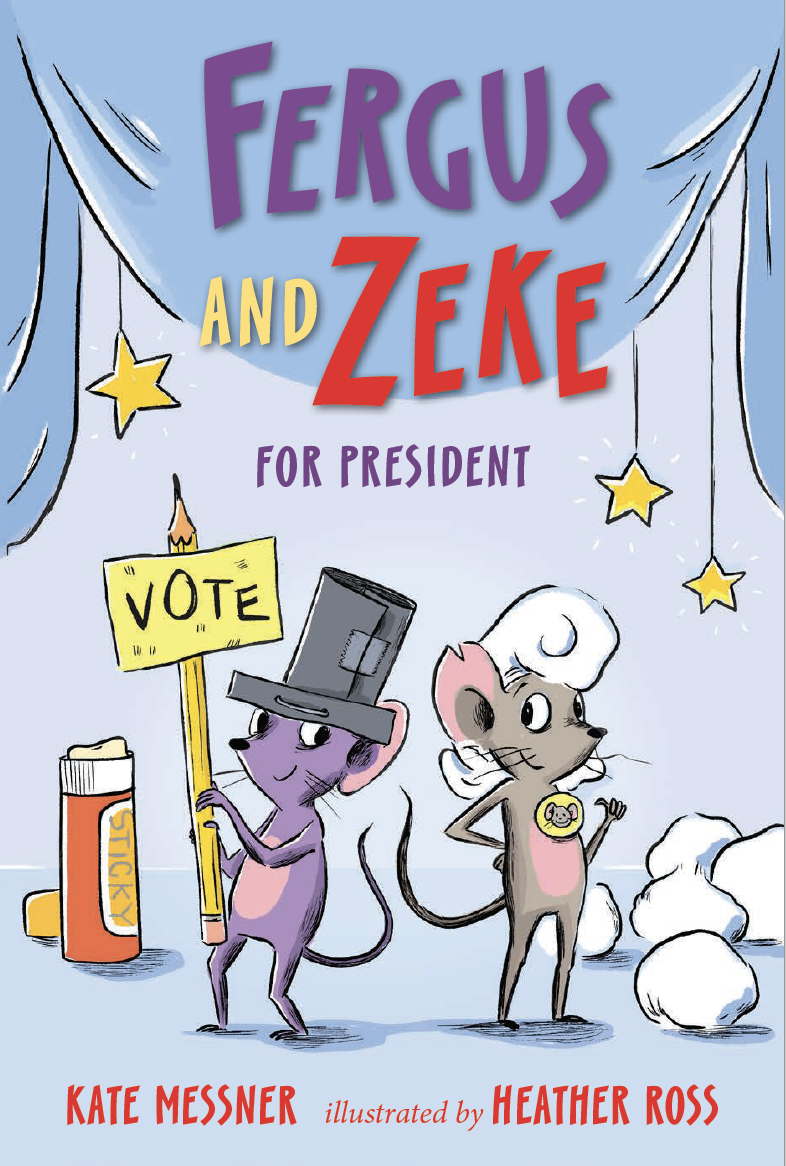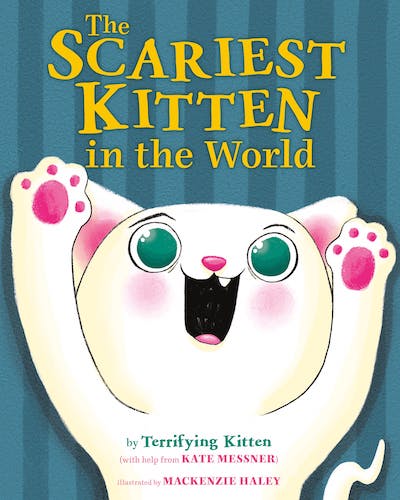This is kind of a long story, but first of all, let me tell you that you really need to get this book and read it.

I had the good fortune of reading THE AMARANTH ENCHANTMENT as an early draft, and it was amazing even then. If you like fantasy with a fairy tale feeling — books like ELLA ENCHANTED — you will absolutely love it.
Now…the story. THE AMARANTH ENCHANTMENT is by Julie Berry, who is the little sister of my best friend from junior high school. At the New England SCBWI Conference two years ago, I heard someone call my name, and there was Julie, all grown up and beautiful and brilliant and writing amazing books for kids. Her sister Joanna, my friend and a talented writer, too, was in touch with me online and told Julie I’d be in Nashua. We swapped critiques and have been touching base with writer-talk ever since.
In case you weren’t lucky enough to grow up hanging around Julie’s house in the country like I was, here’s a chance to get to know her a bit – a 2009 Debut Authors feature!
Welcome, Julie! Tell us about the first thing you ever wrote that made you think maybe you were a writer.
In sixth grade, I was assigned to find a photo in a magazine and write a descriptive paragraph. I found a picture in National Geographic of a jungle waterfall. I’m pretty sure I used words like “glossy” to describe the jungle leaves, and “thundering cascade” for the waterfall itself, the kind of stuff no editor would let me get away with today. But I was proud of my paragraph, and I showed it to my older sister, who said, “Maybe you should be a writer when you grow up.” She was my big sister, she knew everything, so naturally, I figured, she must be right.
What books did you love when you were a kid?
Oh, goodness! So many. The Chronicles of Narnia by C.S. Lewis, first of all. Little Women and everything by Louisa May Alcott. All the Little House books. The Great Brain books by John D. Fitzgerald. Anne of Green Gables and all its sequels by Lucy Maud Montgomery. Plenty of Nancy Drew, too. I loved anything by Roald Dahl, and still do. Some of my favorite books – and I still have the dog-eared paperbacks – were It’s Like This, Cat, by Emily Neville, Mrs. Frisby and The Rats of Nimh by Robert C. O’Brien, and Bridge to Terebithia by Katherine Paterson. Two of my favorites when I was very young were The Story of Ping by Marjorie Flack and Kurt Wiese, and I Had Trouble in Getting to Solla Sollew by Dr. Seuss.
Is there a particular teacher or librarian who was a mentor for you in your reading and writing life?
My sixth grade teacher, Mrs. Mary Vosler, inspired me by challenging me. She was utterly unimpressed with my writing, or so I thought at the time, and it irked me just enough to make me try harder. She made me rewrite assignments repeatedly, and chastised my handwriting, grammar, and construction. She wouldn’t accept a paper from me until it was perfect (by at least some measure). I’ve thanked her repeatedly for being strict with me! She was a gem of a teacher. Language is bigger than we are, and it deserves nothing less than our best effort.
Note: Mrs. Vosler was my 6th grade teacher, too, and she’s every bit as awesome as Julie says.
Moving on to the here and now, most writers admit that making time to write can sometimes be a challenge. When and where do you write? Do you have any special rituals? Music? Food & beverages?
Generally, I write at night, after my sons have gone to bed. Kids need my attention when they’re awake; writing needs attention, too. I write best in a quiet space when distractions are at a minimum. When I’m under a deadline, sometimes I’ll go to the library for an evening after my husband gets home from work, or for a block of time on Saturday afternoons. I don’t have any rituals, really, and I don’t eat while writing because eating late at night, and eating at the library are both taboo (alas). This is my ideal set of conditions, but I’ve learned that I need to be flexible about every aspect of my writing, or else circumstances will prevent it from happening. Laptop in bed vs. PC in office, library or home, quiet or noise, I have to roll with it.
Do you have a favorite strategy for revision?
During the writing process I try to be gentle and sweet to my ideas. Come revision time, I’m stern, like Mrs. Vosler. At least, I try to be. If I’m unsure about how to revise, cutting is a good way to start. I save backup copies just in case, but then I slash my way through a piece. Rather than wondering if I should cut, I like to cut, then see how it feels. Probably the best strategy of all is just to listen. Listen to what you’re really telling yourself when you read and reread a piece. Get your ego out of the way, and listen to what you already know about how the piece can improve.
What’s your best advice for young writers?
Read lots, and write in a journal. Develop a bulletproof vocabulary – when you find a word you don’t know, look it up, then use it! Those are the basics, like brushing and flossing. Beyond that, when you write creatively, write about what excites you, or what you really care about. Don’t worry about what’s a good idea or a bad idea. If it interests you, it’s good enough. Then just write and write and write. If you have a teacher, friend, or parent who will challenge you to make your writing better, don’t get discouraged – count yourself lucky.
What’s special about your debut novel?
The things I love most about The Amaranth Enchantment, I think, are Lucinda’s friendship with Beryl, and her romance. There’s nothing in the world quite like falling in love for the first time, and I tried to capture that experience. Aside from that, the story would lose a lot without Peter the rascal. And every girl needs a goat named Dog. I enjoyed developing the otherworldly aspect of the fantasy, and I hope that readers will enjoy that as well.
What were the best and worst parts of writing it?
Writing this novel was joyful. I felt close to Lucinda. Her ups and downs became my own. I liked and respected her, I wanted her to win. Figuring out how to make that happen was a big triumph. Authors often don’t know how they’re going to solve the dilemmas they’ve created for their characters until they’ve thrashed around for a while. So that was a lot of fun. The hard parts were the late nights of propping my eyelids open, and some of the revision work. Not that the revisions were bad, they were just challenging. That’s where the real problem-solving happens. I think authors don’t really write novels into being, they revise them into being.
How did you find your agent and/or editor?
I met my agent at a local SCBWI conference. I introduced myself, and followed up with a short note in the mail. We corresponded, I sent a submission, and ultimately, she offered to represent me.
Thanks, Julie ~ and many, many congratulations on your debut! I can’t wait to read it all over again.




